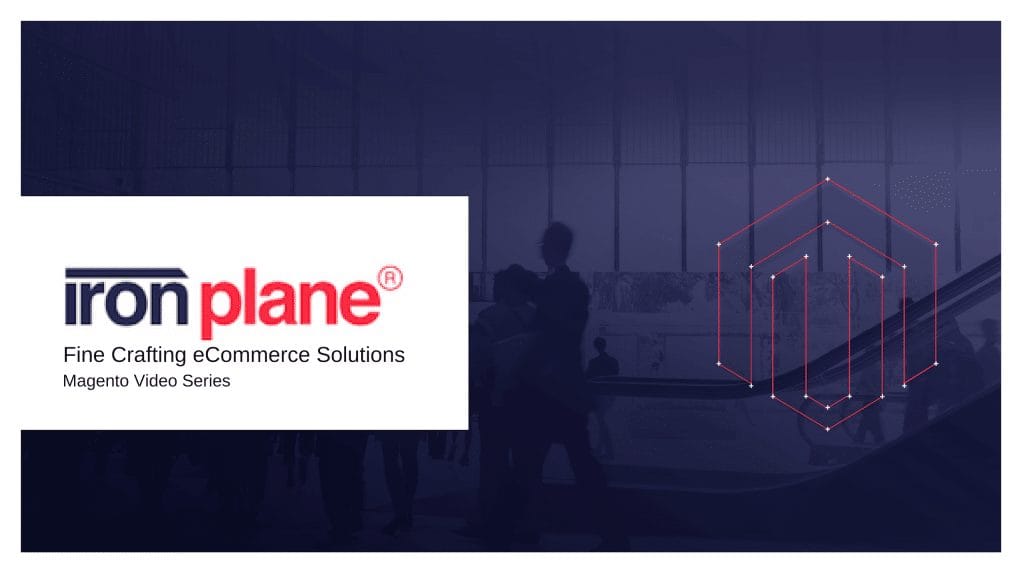Magento 2.3.0: What to Expect
This article will tell you what to expect of Magento 2.3.0. Prepare yourself to the new features this update has.
4 min read
 Damian Gonzalez
:
January 2, 2019
Damian Gonzalez
:
January 2, 2019

On August 1, 2018, Google rolled out a major update to its search algorithm. Google reportedly makes changes to its search algorithm as many as 500 to 600 times per year. However, this type of major update, also known as a broad core algorithm update, only occurs a few times each year and can have major effects on eCommerce sites. The dust is still settling on this update, and analysts are not yet sure of all the effects. Here, we summarize some of the most important potential impacts of the August Google Core search update for eCommerce sites.

Google Public Search Liaison, Danny Sullivan confirmed that the update was global, meaning that it should affect all types of sites. However, the update appears to have had the largest effect on health and wellness sites. Some of these sites are showing massive drops in the vertical while others saw major gains. Indeed, the update has been nicknamed the ‘medic update’ due to this disproportionate impact.
The update also seems to have specifically targeted YMYL queries. Some analysts have also noticed that major businesses with multiple, cross-country locations have tended to drop in the rankings. This has been to the benefit of small and locally-owned businesses.
The SEO community has highlighted four key factors that may be affected by the August Google Core update: mobile first-indexing, content, on-site linking, and site speed. With these changes, there are steps that you can take if your site has been penalized by the update.
Although there is no formal connection between the algorithm update and Google’s Quality Rater guidelines, the guidelines were updated less than two weeks before the algorithm update went into effect. Quality Raters are human beings hired by Google to make qualitative assessments of organic search results. The Quality Rater guidelines may therefore provide more information about how Google views the otherwise subjective concept of quality.
According to the Quality Rater guidelines, “Websites or pages without some sort of beneficial purpose, including pages that are created with no attempt to help users, or pages that potentially spread hate, cause harm, or misinform or deceive users, should receive the lowest rating. For all other pages that have a beneficial purpose, the amount of expertise, authoritativeness, and trustworthiness (E-A-T) is very important.”
As mentioned above, this suggests that the new algorithm may be looking more carefully at E-A-T after the August Google Core update. More specifically, this suggests that eCommerce sites should focus on E-A-T guidelines in creating and updating their content in order to benefit from the update.
Quality is key when it comes to the August Google Core search update, but quality has long been Google’s by-word. Google’s John Mueller wrote in 2014 that “Our algorithms explicitly try to find and recommend websites that provide content that’s of high quality, unique, and compelling to users. Don’t fill your site with low-quality content. Instead, work on making sure that your site is the absolute best of its kind.” The Quality Rater and E-A-T guidelines provide insight into how the update may be assessing your site’s quality. This can give you great insight into how to improve it.
In typical Google fashion, the company has not provided much information about the precise changes in this update or how content creators can improve their rankings. In the official announcement on Twitter, Google merely suggested that in response to the August Google Core search update, sites should continue to focus on “building great content.” Nevertheless, these early takeaways suggest that eCommerce sites may be impacted by the Google Core August update in critical ways.

This article will tell you what to expect of Magento 2.3.0. Prepare yourself to the new features this update has.

Discover top Magento Enterprise developers & alternatives. Find experts who enhance site speed, manage updates, create unique pages, improve UX, and more.

Follow this SEO tips for your B2B eCommerce site and get it in shape for Google.